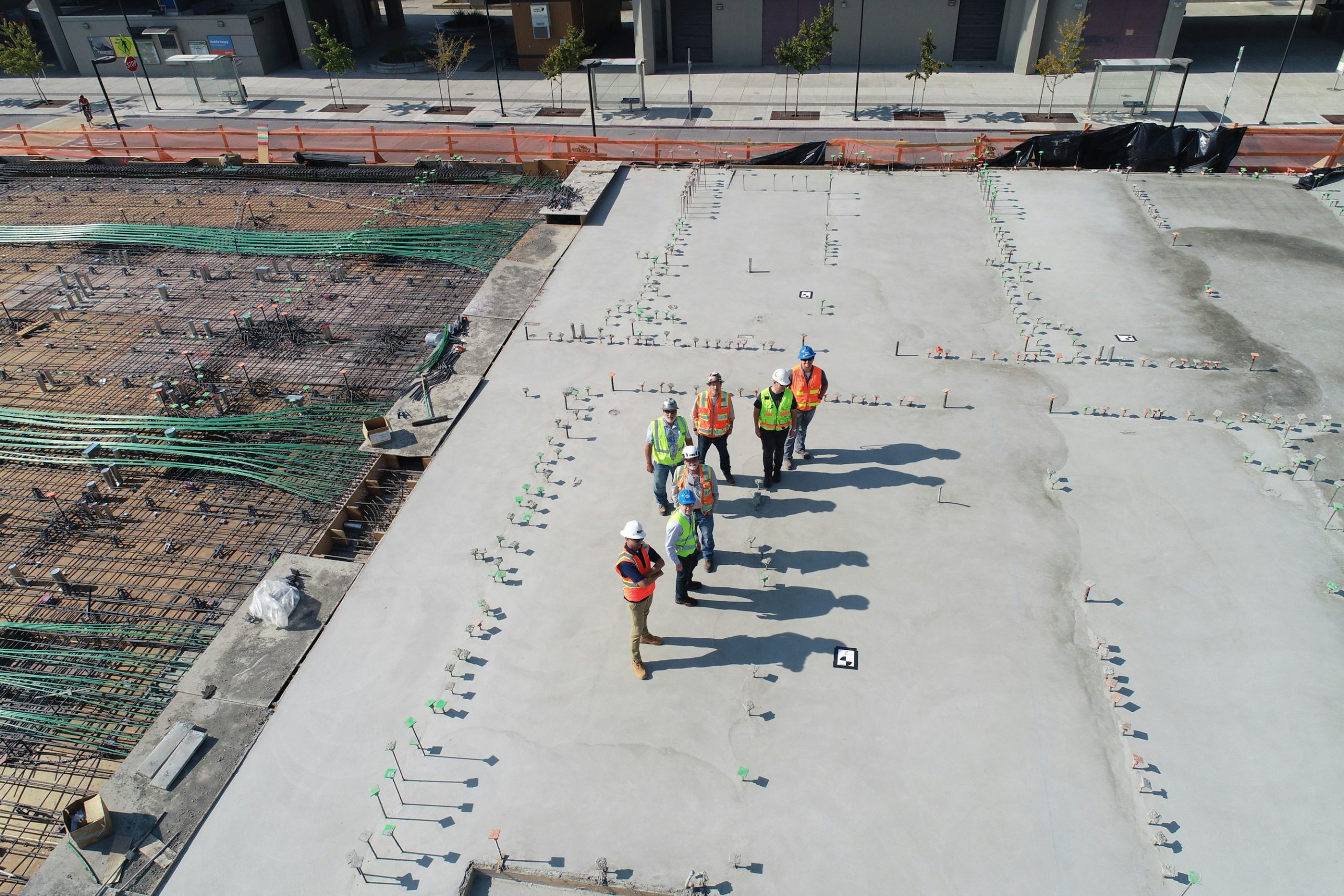Managing Site Risks During Authority Delays
Authority delays in construction projects arise when the necessary permits, approvals, and regulatory compliance hamper project progress. Understanding these delays is crucial for effective construction project management, as they can lead to significant impacts on timelines, budgets, and the overall success of projects.
Understanding Authority Delays
In construction, authority delays can stem from various factors, often resulting in a ripple effect across the project timeline. From delays in obtaining permits to unexpected changes in regulations, the impact can be severe, causing cost overruns, strained relationships, and even project extensions. Understanding the causes and implications of these delays allows project managers to implement better strategies for risk management.
Causes of Authority Delays
- Inadequate Planning: A common cause of authority delays is insufficient planning and understanding of the regulatory landscape. When project teams do not have a definitive grasp of the required permits and processes, they can run into setbacks while seeking these approvals.
- Regulatory Changes: Regulatory instability, such as new building codes and zoning laws introduced unexpectedly, can become another obstacle, further complicating project timelines.
- Insufficient Communication: Poor communication with local authorities can considerably hinder the approval process, often leading to unnecessary setbacks that could be avoided with better coordination.
Consequences of Authority Delays
- Cost Overruns: As timelines extend, the cost of projects can skyrocket due to additional labor, resources, and penalties associated with delays.
- Strained Relationships: Delays can foster tension among stakeholders, including clients, contractors, and regulatory authorities, jeopardizing future collaborations.
- Project Extensions: The ramifications of authority delays can culminate in costly project extensions, ultimately affecting project delivery schedules and budgets.
Mitigation Strategies
To effectively address authority delays, proactive strategies must be employed throughout the construction process. Here are some recommended approaches:
Early Planning and Preparation
- Apply for Permits Early: Submitting permit applications well in advance and confirming review durations can help mitigate delays.
- Stay Updated on Regulations: Keeping abreast of changes in building codes and local regulations is crucial to avoid unexpected delays.
Communication and Documentation
- Strengthen Communication Channels: Clear and consistent communication with local authorities can streamline the approval process.
- Maintain Clear Documentation: Ensuring that all necessary documentation is accurate and readily available for inspectors can reduce delays during inspections.
Scheduling and Supply Chain Management
- Improve Scheduling Accuracy: Accurate scheduling can help anticipate and prepare for potential delays.
- Secure Reliable Supply Chains: Ensuring a dependable supply of materials and labor can prevent delays due to shortages.
Building Relationships
- Build Relationships with Local Authorities: Establishing good relationships with local authorities can facilitate smoother interactions and faster approvals.
Best Practices
Implementation of best practices enhances a project’s capacity to mitigate authority delays:
Risk Identification and Management
- Identify Potential Delay Risks Early: Early identification of potential risks allows for robust planning and the establishment of effective mitigation strategies.
- Use Technology for Risk Management: Tools like Zepth can play a pivotal role in managing site risks by providing real-time monitoring, predictive analytics, and streamlined communication.
Technology Integration
- AI-Powered Tools: Platforms that utilize AI offer insights into regional regulations and compliance requirements, aiding in the anticipation of administrative hurdles.
- Digitized Processes: Digital workflows can reduce miscommunication and enhance profitability across construction projects.
How Zepth Can Help
Zepth provides a comprehensive platform for construction management, specifically designed to address various challenges associated with authority delays:
- Real-Time Monitoring: Zepth’s platform offers real-time monitoring of project progress, allowing for early detection of potential delays and proactive mitigation strategies.
- Predictive Analytics: Zepth’s advanced predictive analytics help forecast potential risks and delays, enabling better planning and resource allocation.
- Streamlined Communication: The platform facilitates clear and consistent communication among stakeholders, significantly reducing the likelihood of delays stemming from miscommunication.
Use Cases and Emerging Innovations
Innovations in construction technology are pivotal to reducing authority delays, as shown in the following examples:
- Early Project Detection: Innovative tools enable early project detection, which can lead to more informed project planning and proactive risk mitigation.
- AI-Driven Insights: The integration of AI in construction management continues to grow, providing valuable insights that can cut delays and enhance project outcomes.
- Global Collaboration: Tools utilized in over 100 countries promote standardization in construction management, alleviating complexities surrounding authority delays.
By adopting these strategies, best practices, and leveraging advanced technologies like Zepth, construction projects can better manage site risks during authority delays, ensuring more efficient and successful project execution. For further reading on managing site risks, you can explore Zepth’s comprehensive guidance on Managing Site Risks During Authority Delays.




